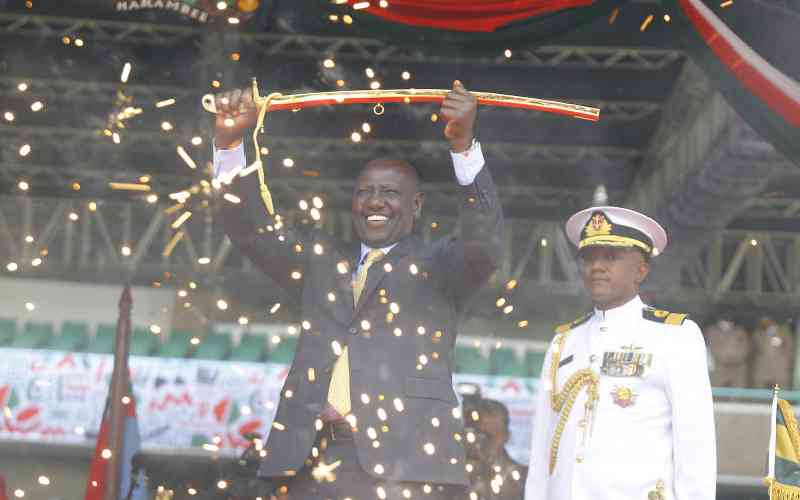×
The Standard e-Paper
Smart Minds Choose Us

A question that keeps arising in the quest for a new political dispensation is who exactly can be trusted to lead that change.
Several names have been thrown into the mix including Okiya Omtata, Kivutha Kibwana, Reuben Kigame, Fred Matiang'i, and many others. My opinion is any Kenyan of good standing has the capacity to deliver the Kenya we desire, but on only one condition: He lives by the oath to abide by the Constitution.